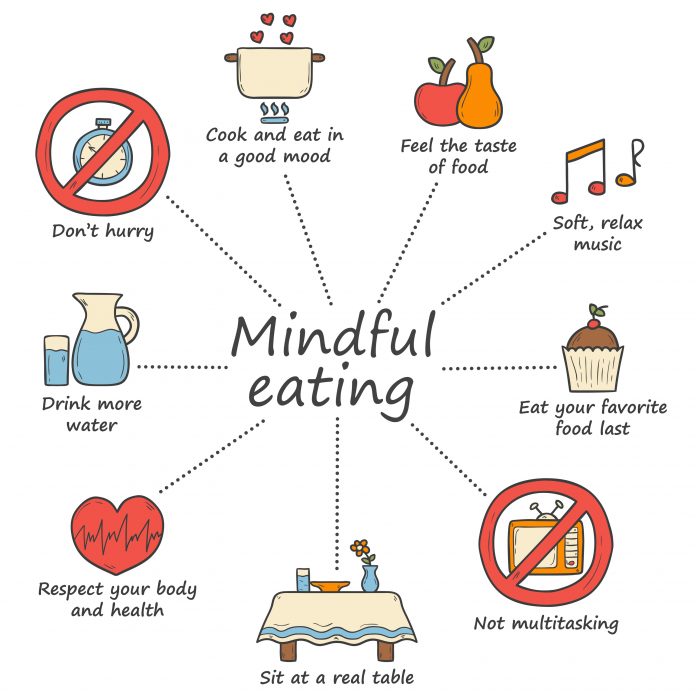Various types of eating disorders have become quite common in the last several decades. We tend to think of eating disorders, particularly anorexia and bulimia, as belonging to the young. There is also a certain percentage of older adults and seniors who suffer from eating disorders.
An eating disorder is a range of psychological disorders. The major symptoms are abnormal or disturbed eating habits. They are not chosen and occur in both men and women, young and old, rich and poor. Eating disorders account for the highest mortality rate of all psychiatric illnesses, more than twelve times that of people without eating disorders.
Why do seniors develop eating disorders?
- Many seniors have a difficult time adapting to the changes in their bodies as they age. They are trying to look more youthful. Seniors often feel if they lose weight and become slimmer, they will once again look young. Body image and dieting have been intertwined for many years. Most often occuring in women but now many men are also developing eating disorders.
- As seniors age and retire, begin to lose loved ones, become ill themselves and lose some of their independence, it can trigger an eating disorder. Some of these may be related to depression, however, since senior’s diets change as they age, it is sometimes difficult to know if and when they develop an eating disorder.
Spotting an eating disorder in a senior may be difficult but several of the signs to look for are:
- A change in eating habits, such as frequently skipping meals or making excuses not to eat.
- Going to the bathroom right after each meal.
- Vomiting frequently but denying it.
The most common eating disorders are anorexia nervosa, bulimia nervosa, binge-eating disorder and other types of eating disorders which don’t completely fall under the criteria of the first three. All are forms of mental illness and your loved one may not be aware that what they are doing is not normal. They also may not be able to stop without help. Speak with them and make an appointment with their healthcare provider to discuss the disease and get support. For more information on the risk of eating disorders and how you can help, click here.























